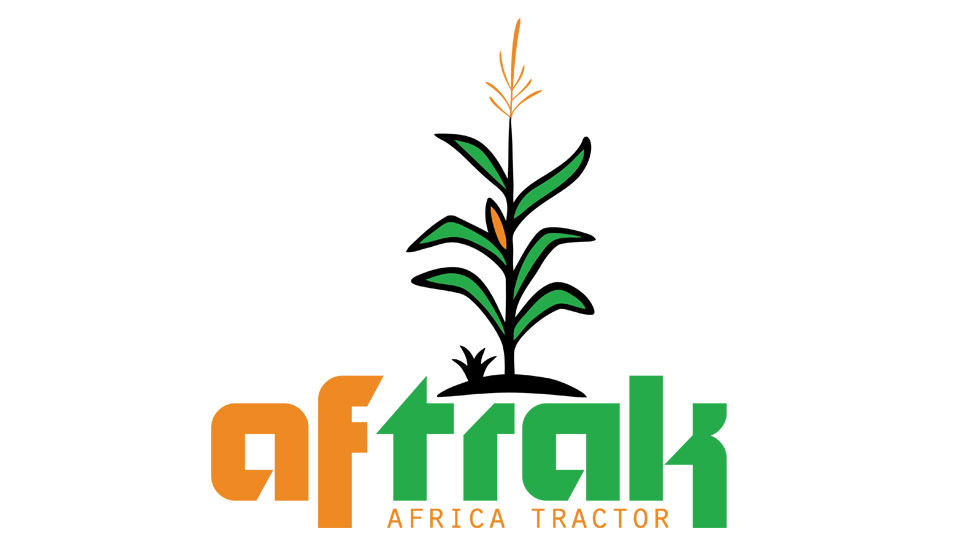Addressing the UN's Sustainable Development Goals
The 17 Sustainable Development Goals (SDGs) are an urgent call to all countries to work together towards global peace and prosperity.
Aftrak addresses several of the UN's Sustainable Development Goals - principally around sustainable energy (SDG7), but also those tackling poverty, hunger, economic growth, gender inequality, education and climate action (SDG 1, 2, 4, 5, 8 and 13).
Sustainable Development Goals addressed

Aftrak is a next generation solar technology, capable of generating at least 60 kWh of off-grid electricity 24 hours every day. Using green energy sources, it is not intended to replace an existing market with an electric-solar alternative - rather, it is creating a new market in affordable micro-electric tractors (SDG7.a).
Empowering rural communities with the ability to provide more agricultural output than subsistence requirements will create an export market, providing a positive cash flow to communities. Over time, with increased GDP per capita, energy demands and energy affordability will increase - providing an opportunity for affordable and reliable electrical grid infrastructures to be economically viable and supply modern energy services to communities (SDG7.1).

The Aftrak system - in partnership with Deep Bed Farming - will provide surplus crops:
- reducing food poverty
- providing a source of income to smallholder farmers

Aftrak removes the barrier-to-entry to Deep Bed Farming (DBF).
DBF techniques have been shown to increase crop yields threefold - eliminating hunger in local communities.

By providing energy to rural populations, electric lighting may be used within homes and communities.
Good lighting extends useable working hours beyond daylight hours, providing time for reading and education.

The mechanisation of farm equipment for land preparation removes a level of physical capability as well as the stamina and strength required for the task.
This helps to level differences between individuals' age, sex, disability and physical ability.

Enabling smallholders to meet and exceed minimum subsistence requirements will reduce required labour time - allowing people to engage in external employment, enhancing their income and standard of living.

Improving soil health - by reducing the compacted hardpan layer - will allow plant and crop roots to penetrate the earth. This will increase community resilience to climate-related hazards such as flash floods, soil erosion and droughts.
